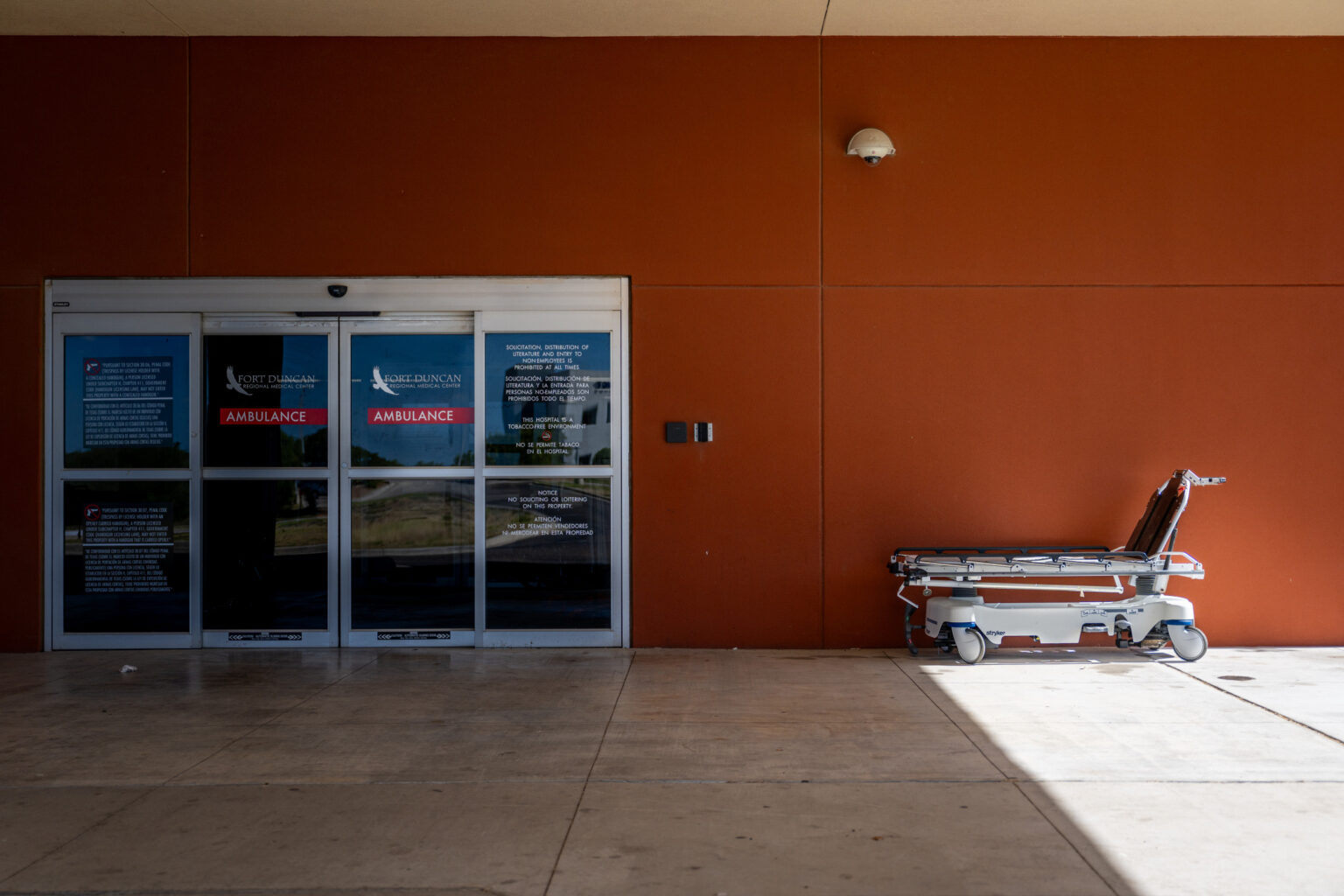Almost 40,000 seniors will be forced to change Medicare Advantage plans after yet another insurer decides to exit markets over cost concerns.
Centene Corp announced it would be ending its Medicare Advantage plans in at least six states this year as the company faces cost pressures.
The Centers for Medicare & Medicaid Services has made several cuts to its rates, causing many insurers to adjust their plan coverage or leave certain markets altogether.
For Centene, Medicare Advantage members will need to find new plans come 2025 in Alabama, Massachusetts, New Hampshire, Rhode Island, New Mexico and Vermont.
Roughly 37,000 Medicare Advantage members will be impacted by the market exit. Vermont is especially vulnerable, as Centene previously had control of 9 percent of the market.
“When most seniors think of Medicare and Medicare Advantage, they hope for programs that have their medical and financial interests at the forefront,” Alex Beene, a financial literacy instructor at the University of Tennessee at Martin, told Newsweek. “Unfortunately, Cetene’s latest decision with Medicare Advantage is the latest in a string of pullouts and alterations to existing plans that show these companies are concerned more with profitability than the patient.”
Across the country, roughly 4 percent of Medicare Advantage beneficiaries have a Centene plan, according to the Kaiser Family Foundation.
“We’ve said before that we expect to shrink in 2025 as we think about what business is going to serve this well in the long run,” Centene CFO Andrew Asher said during the company’s second-quarter earnings call. “First we’ve got to chip away at the degree of run rate negative margin and push towards break even and then we can talk about what the margin opportunity is in Medicare.”
Newsweek reached out to Centene for comment via email.
The market exit occurs as several other insurers have announced similar plans.
Many insurers are having to cut corners and leave certain regions. CMS is implementing a $16 billion uptick to MA payments and core rates remain low, chipping into companies’ bottom lines.
Humana announced earlier this year it would be leaving specific markets in 2025 as well. The company expects to lose a few hundred thousand customers due to this change but hopes to boost profits by leaving certain regions.
Currently, Medicare Advantage plans make up 38 percent of Humana’s members and a substantial portion of its premium revenue.
Still, Humana’s profits of $679 million in the second quarter were down 29 percent year over year.
CEO Jim Rechtin said the majority of the lost members will be from those who lose plan coverage in an unprofitable market, but the “vast majority” will still have a Humana plan offered where they live.
UnitedHealth also acknowledged facing difficulties amid dwindling Medicare Advantage profits.
“Our strategy continues to focus on providing as much stability as possible in the reduced funding environment,” UnitedHealth CEO Andrew Witty said during an investor call this year.
Meanwhile, HealthPartners said it would be withdrawing from the Medicare Advantage plan provided by UnitedHealthcare next year. That move, which was based on payment delays and MA coverage denials, will see 30,000 patients forced to find a new plan.
From a business perspective, Beene said the insurers’ decisions make sense but could create widespread complications for seniors.
“The payouts these companies are receiving fail to generate the income they were expecting,” Beene said. “However, for a senior enrolled, this can create yet another obstacle in figuring out how to receive their benefits.”
Read the full article here














